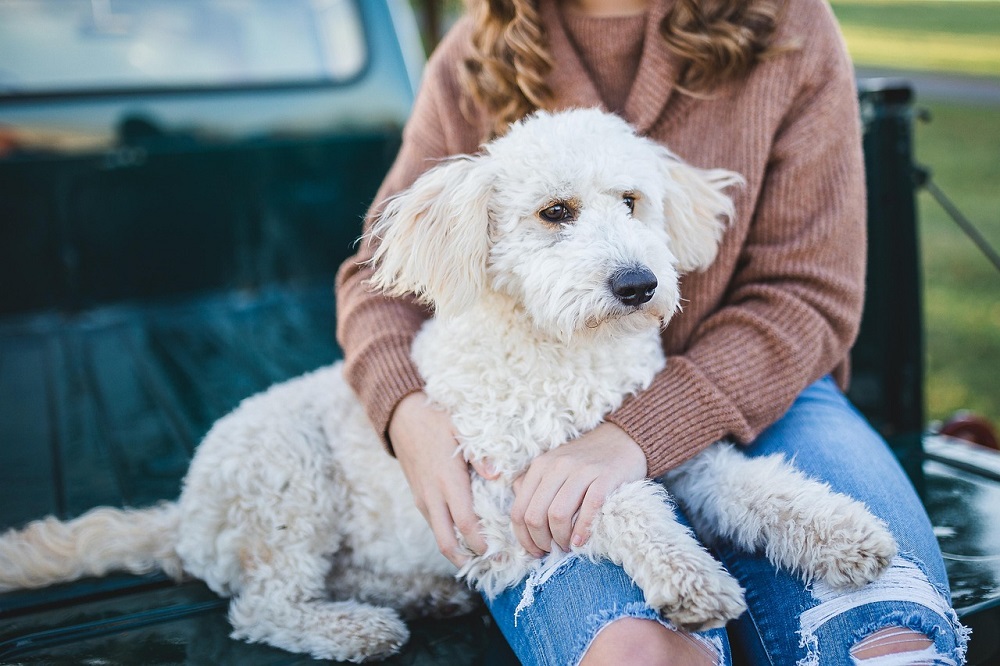
Beyond
Dog Owner Responsibilities: Protect Yourself From Unexpected Legal Issues
Dog bites occur more often than most people think. A dog owner’s duties go way beyond the reach and influence of daily walks and feeding times. The Centers for Disease Control and Prevention (CDC) reports that dogs bite more than 4.5 million people each year. Around 800,000 of these cases need medical care. Kids under 4 years old face the highest risk from these attacks.
Dog bite cases bring both emotional trauma and heavy financial burdens. More than half of all dog bites happen at the owner’s home. These incidents make up one-third of all homeowners insurance liability claims. Knowing how to handle dog owner duties and securing proper liability insurance is a vital part of responsible pet ownership. Standard homeowners and renters insurance policies usually cover $100,000 to $300,000 for dog bite liability. Pet owners who fail to meet their legal duties could face collateral damage like negligence claims and criminal charges.
This piece will walk you through your legal duties as a dog owner. You’ll learn to protect yourself financially and handle situations when your dog bites someone.
Know the Laws Before You Leash
Responsible dog owners need to understand their local laws before bringing a pet home. Dog bite laws differ substantially between states and usually fall into two categories: strict liability and the “one-bite” rule.
Strict liability laws make dog owners automatically responsible when their pets cause injuries, whatever the animal’s history. States like California, Florida, and Illinois use this approach. The one-bite rule works differently – states such as Pennsylvania and Texas hold owners liable only after their dogs show aggressive behavior.
Basic legal requirements in most areas include:
- Proper licensing and identification – Keep your dog registered with local authorities and ensure they wear updated ID tags
- Mandatory vaccinations – Rabies vaccines are legally required in most states
- Leash compliance – Many areas have strict leash laws for public spaces
- Adequate containment – Dogs must be properly secured on your property
Not meeting these requirements can lead to:
- Dog bite liability claims that cover medical expenses
- Negligence claims for property damage
- Criminal charges in severe cases
Local laws often limit the number of pets you can own. Research your area’s specific rules carefully. Many jurisdictions consider violations of animal control laws as negligence per se.
Protecting Yourself Financially
Dog owners need solid financial protection to handle the steep costs of dog-related incidents. Recent data shows the average liability claim for dog bites hit $58,500 in 2023. This number jumped to $69,272 in 2024 – marking an 18.3% increase.
The good news is that most homeowner’s and renter’s insurance policies come with personal liability coverage for dog bites. Coverage usually ranges from $100,000 to $500,000. Your policy pays out when someone gets hurt due to your negligence, whatever the location. Medical payments coverage ($1,000-$5,000) can also handle smaller claims without fault determination.
Notwithstanding that, you should know these key limitations:
- Many insurers won’t cover breeds they call “dangerous” (pit bulls, Rottweilers, etc.)
- Your policy won’t help if you made your dog bite someone
- Personal policies exclude business-related incidents
- Your household family members typically lack coverage
Specialized canine liability insurance might be your best option if standard coverage isn’t available or enough. These policies protect dog owners specifically – even those with “high-risk” breeds or dogs that have bitten before.
You’ll end up personally responsible for medical costs, lost wages, pain and suffering, and legal fees without proper insurance. Smart dog owners should check their coverage limits and know exactly what their policies protect.
Steps to Take After a Dog Bite Incident
A dog bite requires quick action to protect your health and legal rights. Each year, the CDC reports 4.7 million dog bite incidents, and children account for more than half of these victims.
Immediate steps following a dog bite:
- Keep everyone safe by separating the dog from the victim to avoid additional injuries
- Stop the bleeding with direct pressure and clean the wound with water if you can
- Visit a doctor right away – even small wounds can become infected
Documentation is vital:
- Find the dog’s owner and get their name, contact details, and insurance information
- Snap clear photos of your injuries, where it happened, and the dog if possible
- Ask witnesses for their contact information
- Ask the owner to show proof of rabies vaccination
Your next step should be filing reports with proper authorities. This creates a record and helps protect others from future attacks. Make sure you contact animal control, local police, and your local health department if required.
Save all your medical records and receipts during this time. Connecting with a lawyer who specializes in dog bite cases right after the whole ordeal makes sense. Most lawyers who handle dog bites work on contingency, which means they get paid only if you win.
Good documentation and quick reporting will strengthen your case and ensure you get proper medical treatment.
Conclusion
Dog owners face many responsibilities that go way beyond simple care and showing affection. This piece shows how dog bites affect millions of Americans each year. These incidents can create devastating financial and legal risks for owners who aren’t prepared.
You need to know your local dog laws before bringing a furry friend home. Your state’s approach – strict liability or the one-bite rule – will substantially affect your legal duties. On top of that, following rules about licenses, vaccines, leash laws, and proper containment will protect your dog and your wallet.
Money protection needs serious thought since dog bite claims now cost over $69,000 on average. Most homeowner’s and renter’s policies give some protection, but they have limits, especially with certain breeds. Smart dog owners should really check their coverage and look into special canine liability insurance if needed.
Bad things can happen even with the best planning. Quick action after a bite is crucial – make the area safe, write down what happened, tell authorities, and get medical help. These steps help you meet legal requirements and show you’re a responsible owner.
Dogs bring happiness and friendship, but they come with serious duties. Good legal and financial preparation will give you peace of mind to enjoy life with your four-legged buddy instead of dealing with surprise legal issues. These safety steps protect your assets and help create safer neighborhoods for everyone.
Disclaimer: Articles in our Beyond category are independent. They are not overseen by our editorial team and may not reflect our opinion.








Comments